I think it's important to practice being angry. Not in the sense that we seek it out in our daily lives necessarily. But in the sense that we admit to ourselves when it's there, and find healthy ways to express it, to let it out, to see that we survive intact, changed perhaps, and even better for it, when we allow it of ourselves.
When I was 21 I took a 2 week workshop that included a component called "Emotional Release" work. That segment of the workshop was derived from the work of Elizabeth Kubler Ross, a psychiatrist that did extensive work on grief, and then also on how we deal with death and dying. Kubler Ross developed various ways to help us practice expressing our various emotions, including anger. In the midst of this workshop I was asked to think of something I was upset about--whatever it was, whether it had happened recently or not--and then to get in the middle of the group and bang my hand on a pillow. I felt incredibly ridiculous about it. It seemed somehow made up to me, and I wasn't comfortable being expressive of genuine feeling in front of people I barely knew either. Truth be told, I likely wasn't comfortable expressing genuine feeling anywhere. The workshop facilitator kept pushing me until I found myself banging both fists on the pillow, my body bounding up and down on bent legs so I could bang with my fists even harder, as I made guttural noises from deep in my diaphragm and even started yelling. I started yelling explicitly as I banged on the pillow, telling off this person that wasn't even there for something they'd done to me years ago, that it turned out, unbeknownst to me, I'd never quite let go of. I hadn't realized at the time that the anger was something I was still holding onto till there it was in me directed hard at the pillow, and more overt and stronger than I'd let myself feel it at the original hurtful moment.
The relief I had after expressing those feelings was immense, not to mention a bit exhausting. I realized that after banging on the pillow the event that had made me so angry before didn't really have any of that same juice in it. I didn't feel upset about it anymore. Instead, I had a new perspective--one in which I could see past how it had felt when the person hurt my feelings, to some of the reasons why they might have needed to act as they had. Over the next several months I practiced taking time to be angry in that planned kind of way, sitting down with a pillow on the floor to bang on it. It turned out that doing so opened up a new way for me to feel and express grief as well. The two emotions turned out to be tied together.
In the midst of this change in emotional self-awareness I was housemates with someone I'd gone to high school with. I came home one day after getting a speeding ticket, walked into the house, told him I'd gotten the ticket and burst out crying. I cried for about two minutes, said I was angry with myself over it happening at all because I shouldn't have made that kind of mistake, and then let it go, and got up to make a sandwich. In expressing my feelings, I also let them go. He was shocked over the encounter because I hadn't previously been able to do that sort of thing. If I'd gotten upset it was something that lasted a long time. In the past if I'd gotten upset, it colored my entire day, and maybe longer. My ability to enjoy the various activities I took up was hugely affected by these feelings I'd get kind of stuck in. By not fully acknowledging that I was angry, or hurt, or sad the feelings would take on a life bigger than my own in a sense--they'd determine for me how I was able to handle anything else I did in my day. By learning how to practice being angry, and so getting comfortable with expressing it and letting it go, I got to be bigger than the feelings and make choices based on what I wanted, rather than based on how I felt.
I think we can learn how to have a healthy relationship with our own anger, and with our feelings more broadly. I think we can learn how to speak conscious of our own feelings, and motivated by them even, but with a clarity of and for something larger than them. So that if we are speaking well aware of being angry, or sad, or scared, or happy even, we can speak for the sake of who we are, and what we want, and what is good for us, practicing a genuine acknowledgment of our feelings while speaking and living for our own clarity. I think this takes time. And learning how to beat on pillows doesn't mean we've mastered our ability to communicate through our feelings with others. It might just mean today what we can do is beat on a pillow, get through our feelings about something upsetting, and then go and eat a cookie, knowing tomorrow we're committed to doing a little more.
My favorite cookie for dealing with such things is Uncle Seth's Original Pink Cookie. You should definitely feel free to order some for trying, and ship me a carton as well.



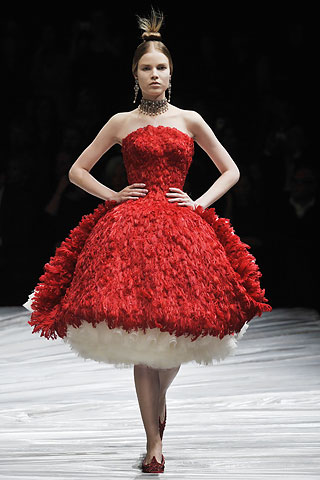

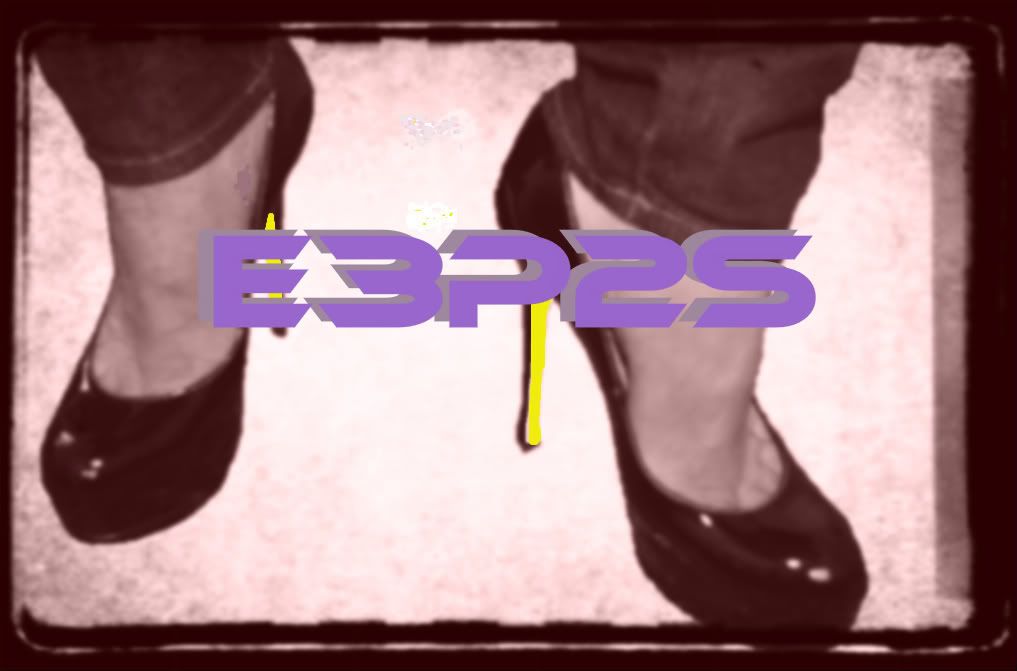
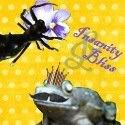
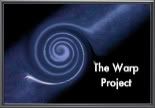


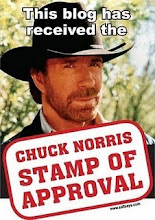



No comments:
Post a Comment